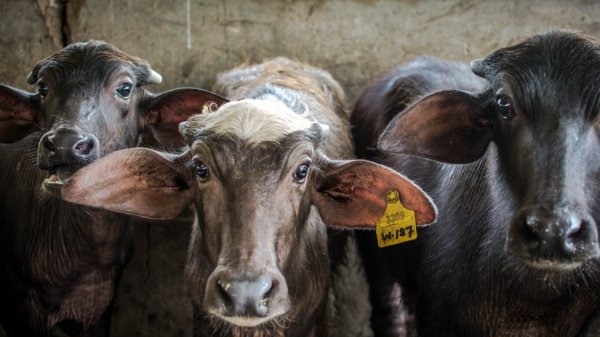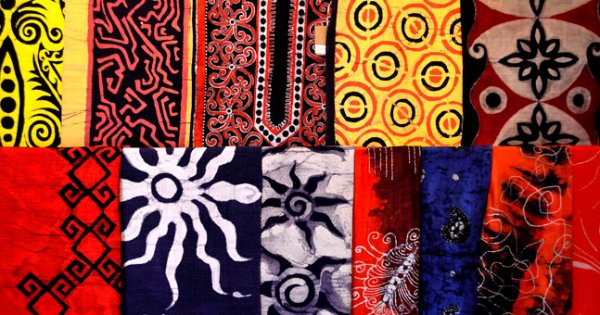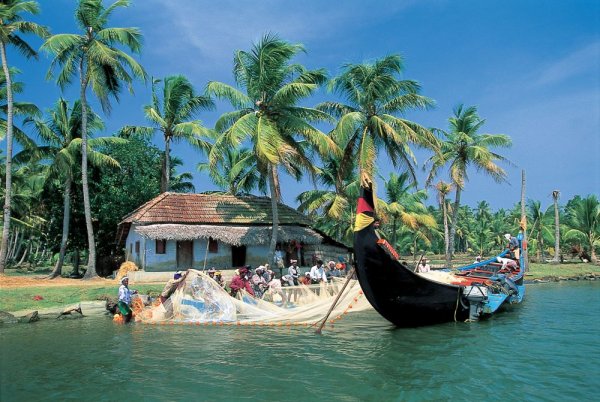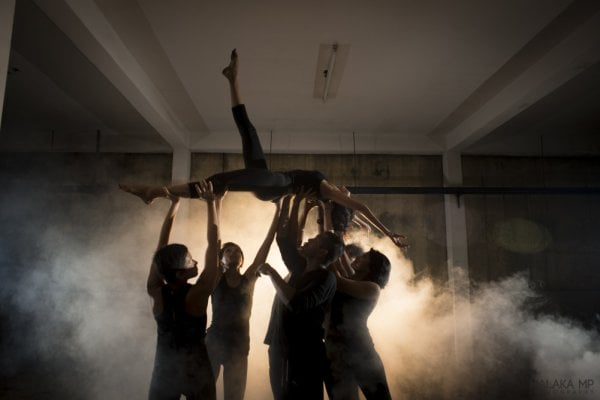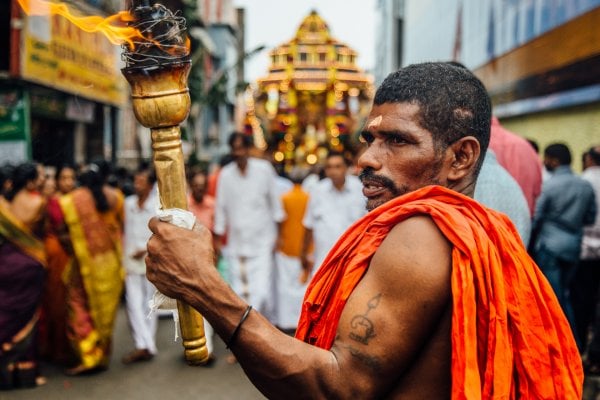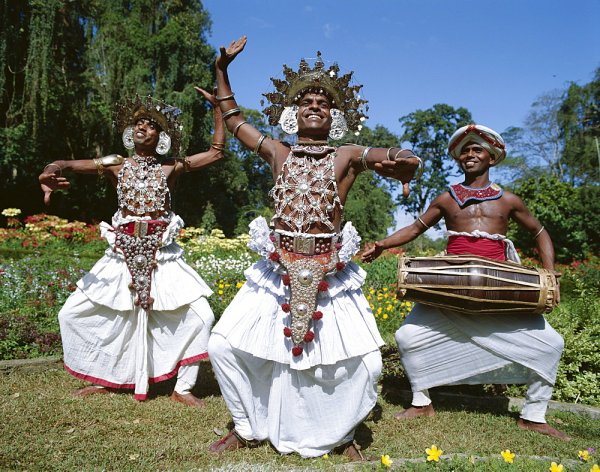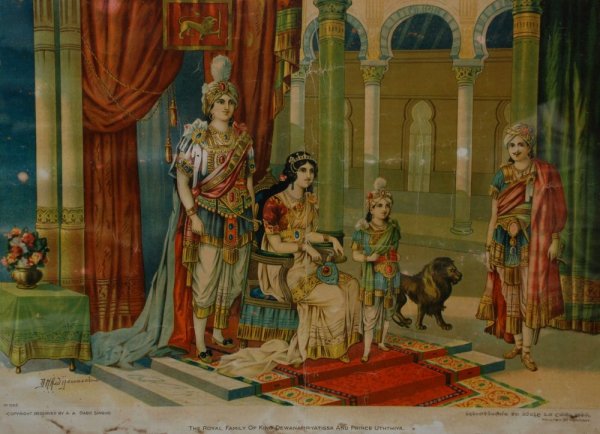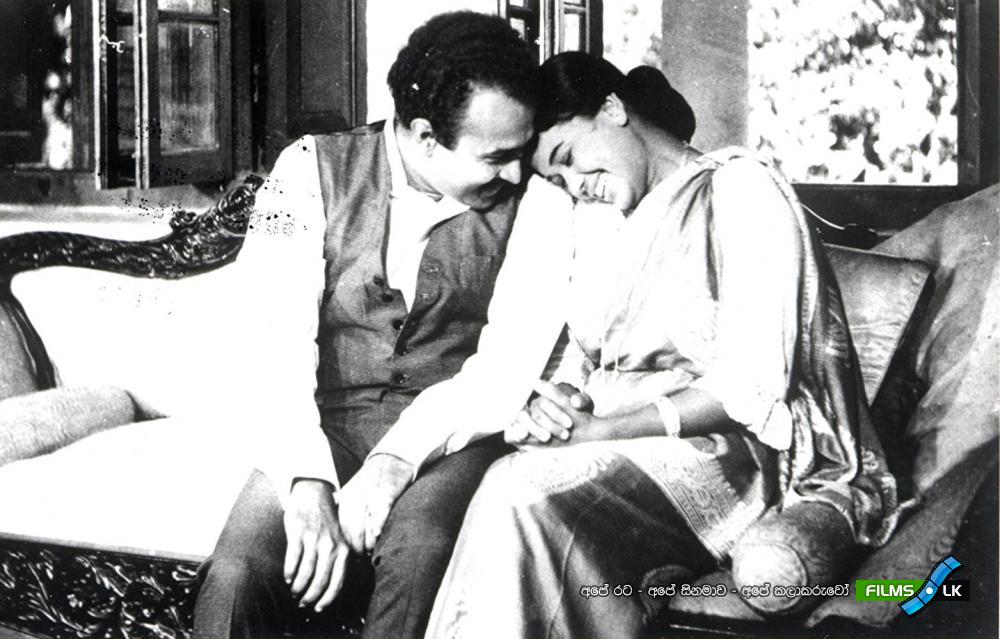
The Sri Lankan film industry is rather small and is yet to make a noticeably large impact internationally (except where Koombiyo is concerned, the series that topped Breaking Bad on IMDb). However, there have been a few international awards dating back from the 1970s to the early 2000s.
Here are a few that made it big.
Death On A Full Moon Day (Purahanda Kaluwara, 1997)
Won at the:
- Amiens International Film Festival (1999)
- Friboug International Film Festival (1999)
- Singapore International Film Festival (1999)
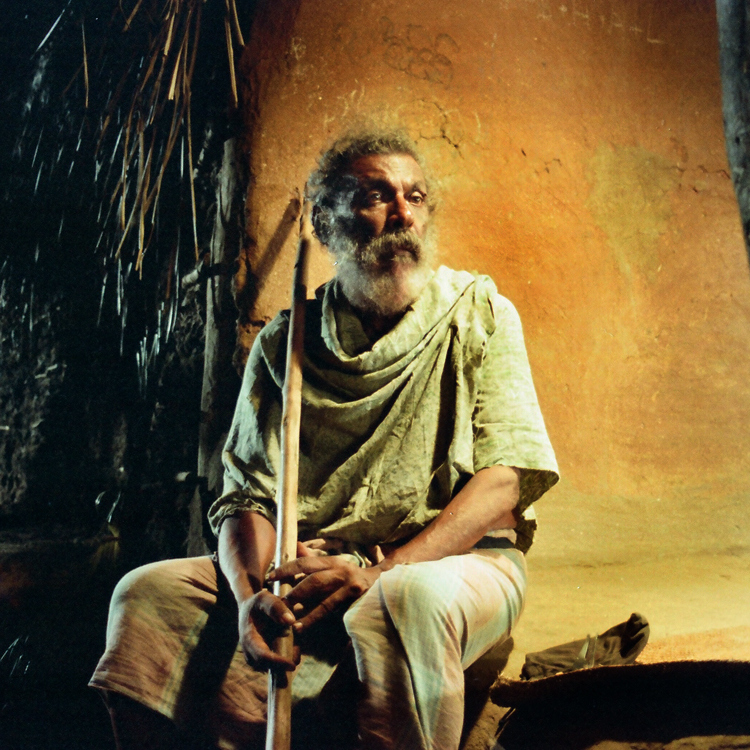
The blind father waits for his son, refusing to believe in the latter’s death. Image credits, imdb.com
Released at a time when the country was still in conflict, Prasanna Withanage’s Purahanda Kaluwara was controversial—the government at the time sought to ban it, claiming it would ‘demoralise the troops.’ However, the ban was overruled by the Supreme Court in 2011.The plot follows the story of an elderly and blind father who loses his son in the war, and refuses to accept compensation as he believes his son is still alive.
Produced in 1997, the film bagged awards at several international film festivals in 1999, including the Amiens International Film Festival, Friboug International Film Festival, and the Singapore International Film Festival. The awards were for best film, best actor, and best Asian feature film respectively.
Saroja (2000)
Won at the:
- Chicago International Children’s Film Festival (2000)
- Dhaka International Film Festival (2000)
Directed by Somaratne Dissanayake, Saroja is also set in the midst of the ethnic war in Sri Lanka. A children’s film, the story is about friendship that develops between two little girls, the daughters of a Tamil terrorist and a Sinhala school-teacher.
The film won the Peace Prize at the Chicago International Children’s Film Festival (2000), and the NETPAC Award (Network for the Promotion of Asian Cinema) at the Dhaka International Film Festival in the same year.
It also features two of Sri Lanka’s stellar vocalists Nanda Malini and Edward Jayakody.
Sam’s Story (Samige Kathaawa, 2011)
Won at the:
- New York City International Film Festival (2013)
- Fourth SAARC Film Festival (2014)
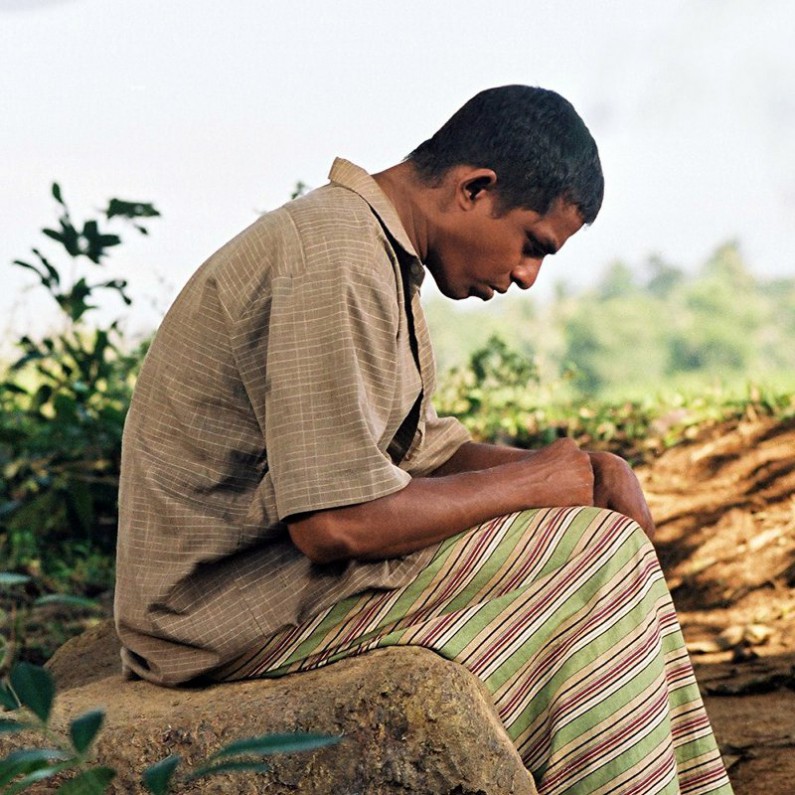
Follow the story of an autistic young man who loses his brother in the war. Image credits, imdb.com
Based on Captain Elmo Jayawardena’s 2001 Gratiaen Prize-winning novel of the same name, Sam’s Story touched the hearts of everyone who watched it. Directed by Priyankara Vitanachchi, the film shot to fame soon after the movie’s lead actor, Jagath Chamila, won the award for Best Actor at the New York City International Film Festival in 2013. It also won the Jury’s Special Award at the Fourth SAARC Film Festival in 2014.
The film follows the story of a neglected and autistic boy from a poor family who joins another household as a domestic aid. Much like the Saroja and Purahanda Kaluwara, this is also set during the ethnic conflict and highlights how it affected civilian households.
The Forsaken Land (Sulanga Enu Pinisa, 2005)
Won at the:
- Cannes Film Festival (2005)
- Cinefan Festival of Asian and Arab Cinema (2005)
- Rotterdam International Film Festival (2004)
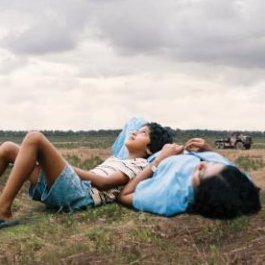
Despite this idyllic poster image, the film is bleak and dark. Cover image: imdb.com
Shot in Kalpitiya over 25 days, Jayasundara stated that ‘the film is not supposed to be an exact portrait of reality, it’s more like a psychological landscape and is slightly unreal. The war is about control of the land and although there is a ceasefire there are many mines in this area which prevent the characters from really accessing this land. This is a symbol for all the problems they face and an example of how they are restricted and cannot plan for the future.’
However, the film was controversial enough and he received death threats which compelled him to move to France.
Nidhaanaya (1972)
Won at the:
- Venice International Film Festival (1972)
- London Film Festival (1972)
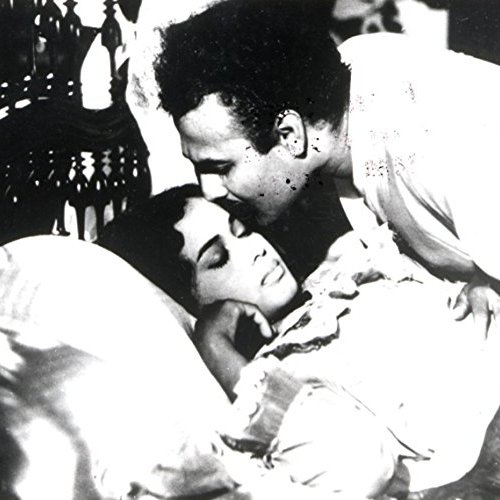
- Sacrifice your virginal wife for a mythical treasure? That’s what this is about. Image courtesy of imdb.com
Produced by veteran filmmaker Dr. Lester James Pieris, and featuring two of Sri Lanka’s classic actors Gamini Fonseka and Malini Fonseka, Nidhaanaya is hailed as the best film of the first 50 years in the country’s cinematic history. The film is also recognised as one of the top ten Asian films of all time.
The story revolves around superstition and murder—the protagonist finds an old manuscript claiming to lead to an ancient king’s hidden treasure (hence the title, nidhaanaya), but with a snag: it requires a virgin woman with four birthmarks on her neck to be sacrificed. We follow the protagonist as he stumbles across a woman with the same markings and decides to marry her.
Due to poor storing facilities, the original film’s negatives were greatly damaged. However, a well-preserved ‘dupe negative’ was found with the India National Film Archives and was subsequently restored in 2013.
Everyone’s favourite Machan isn’t included in this list because it was directed by an Italian. This isn’t to say that other local productions aren’t great—there are quite a few which were nominated for international festivals, and a few more which won regional awards. Nearly all films which received international awards, however, were themed on the ethnic conflict. Curiously, we are yet to produce award-winning films based on the post-war period, which is something to keep an eye out for.
Cover image courtesy films.lk

